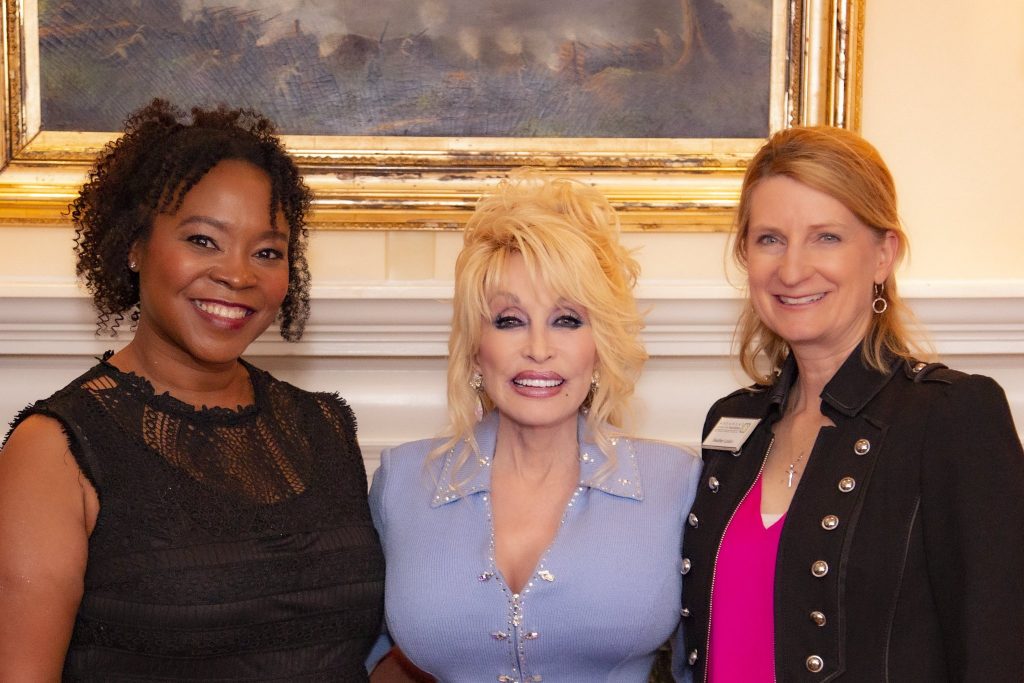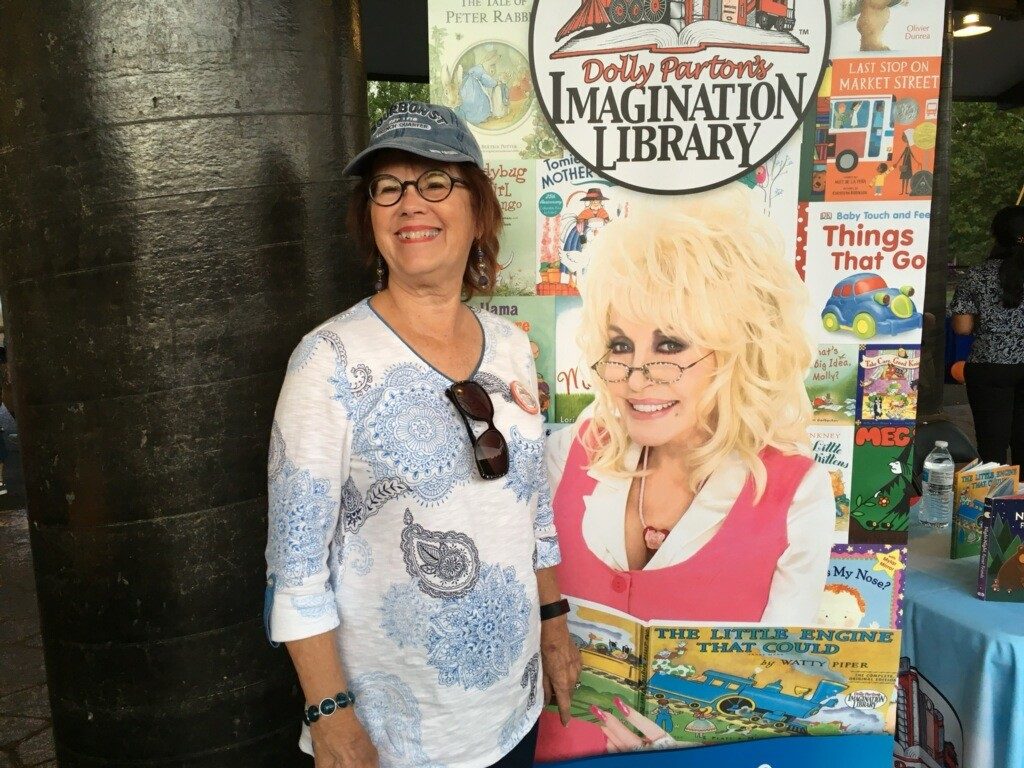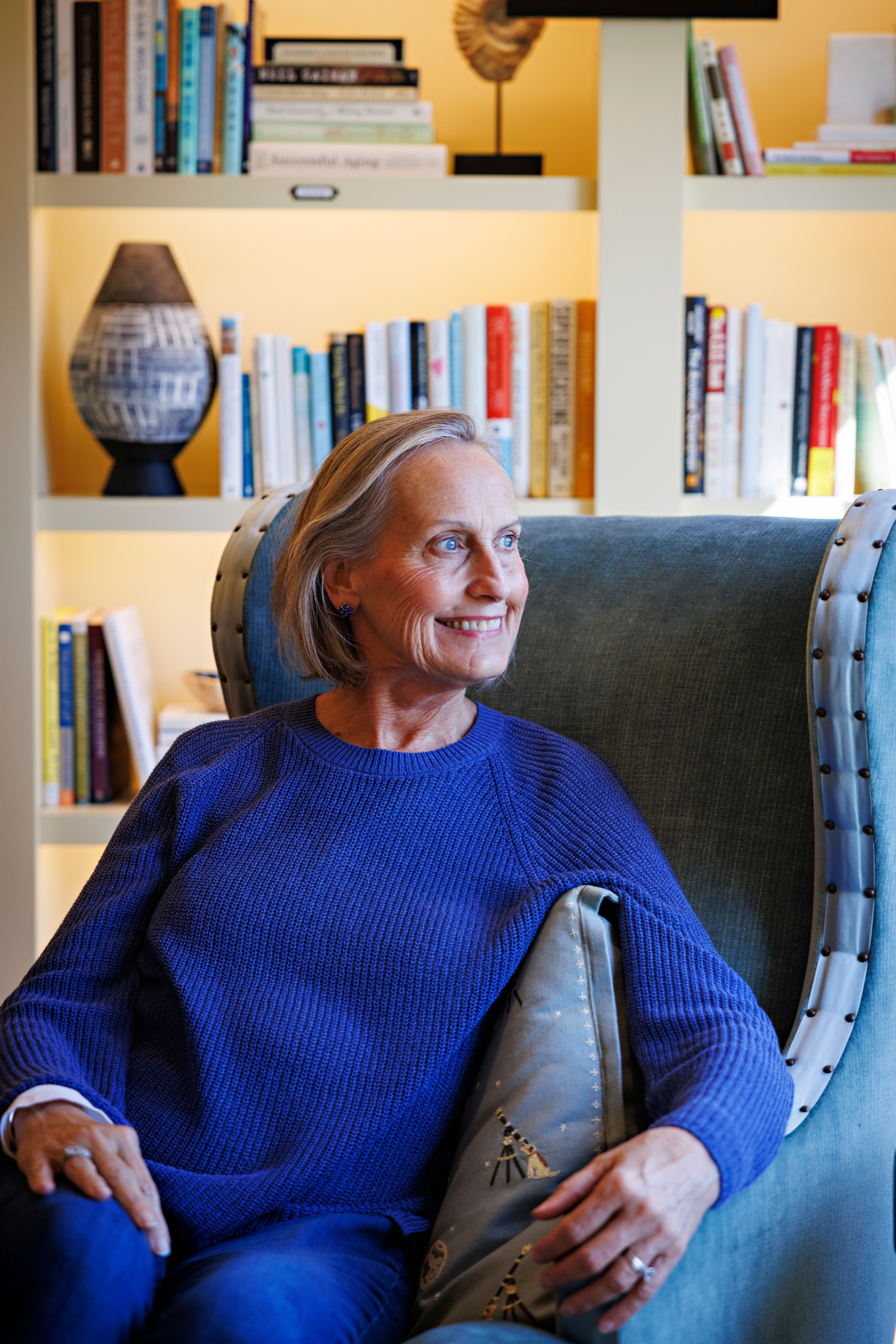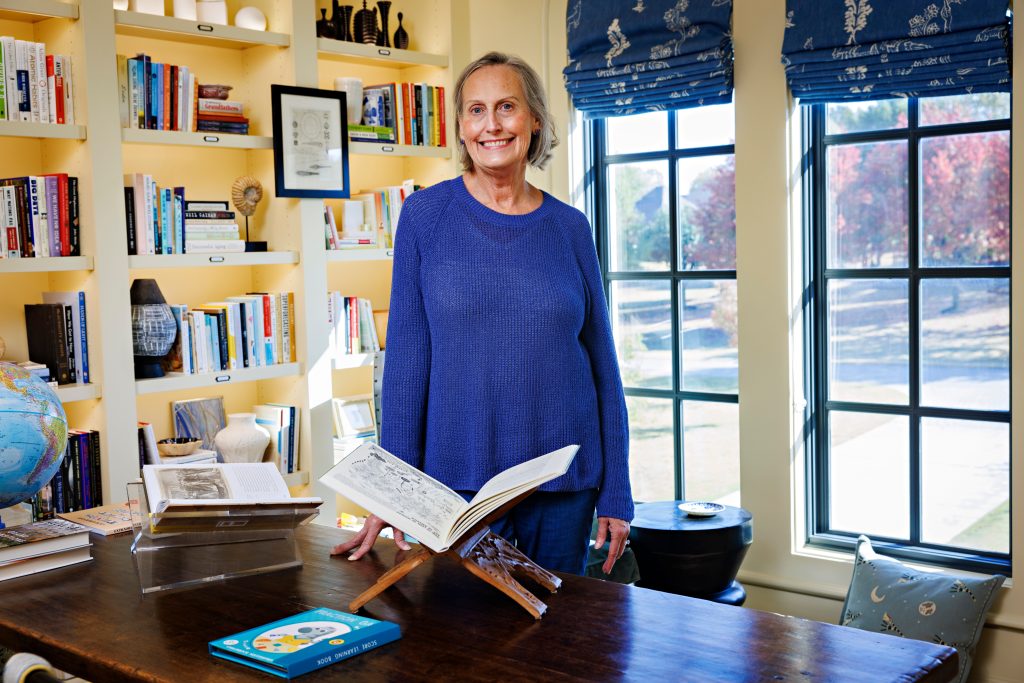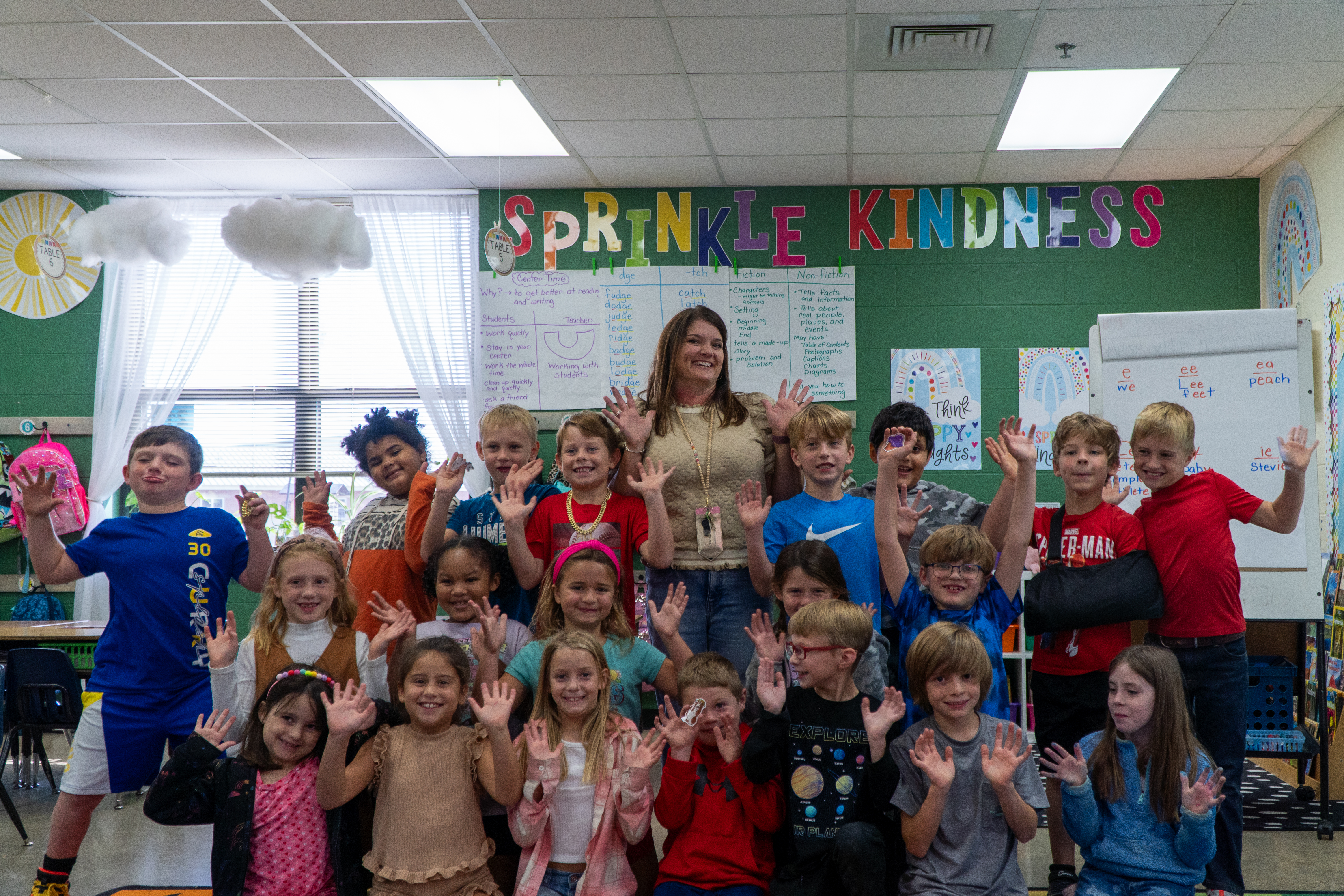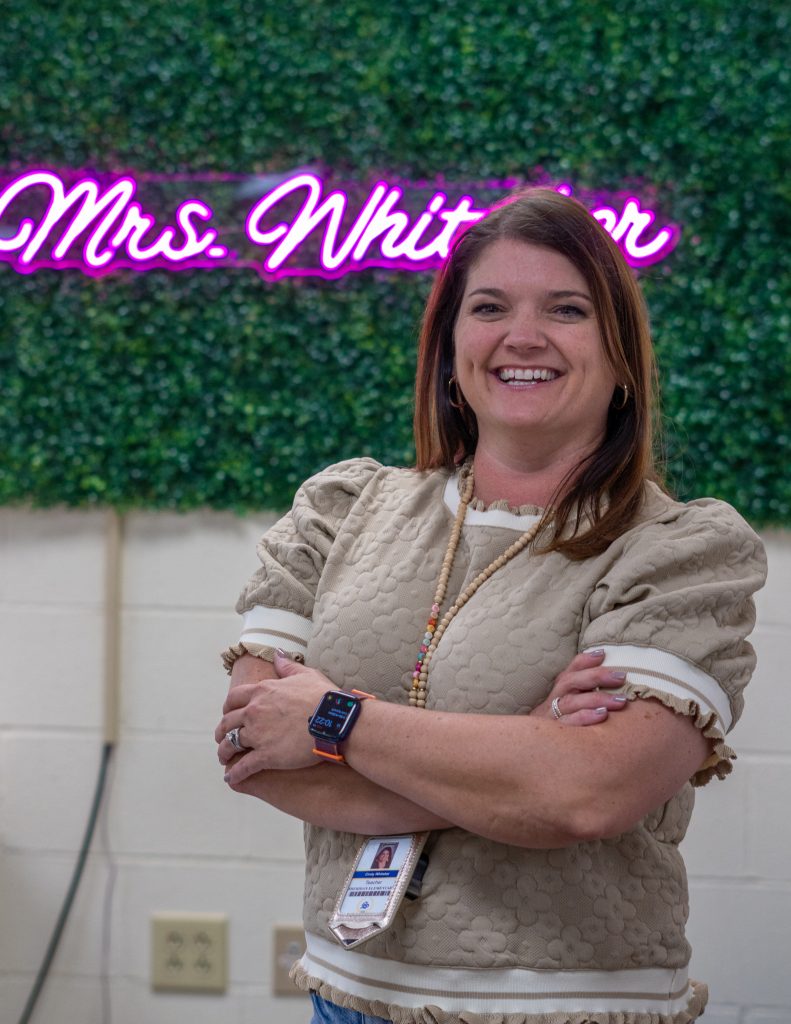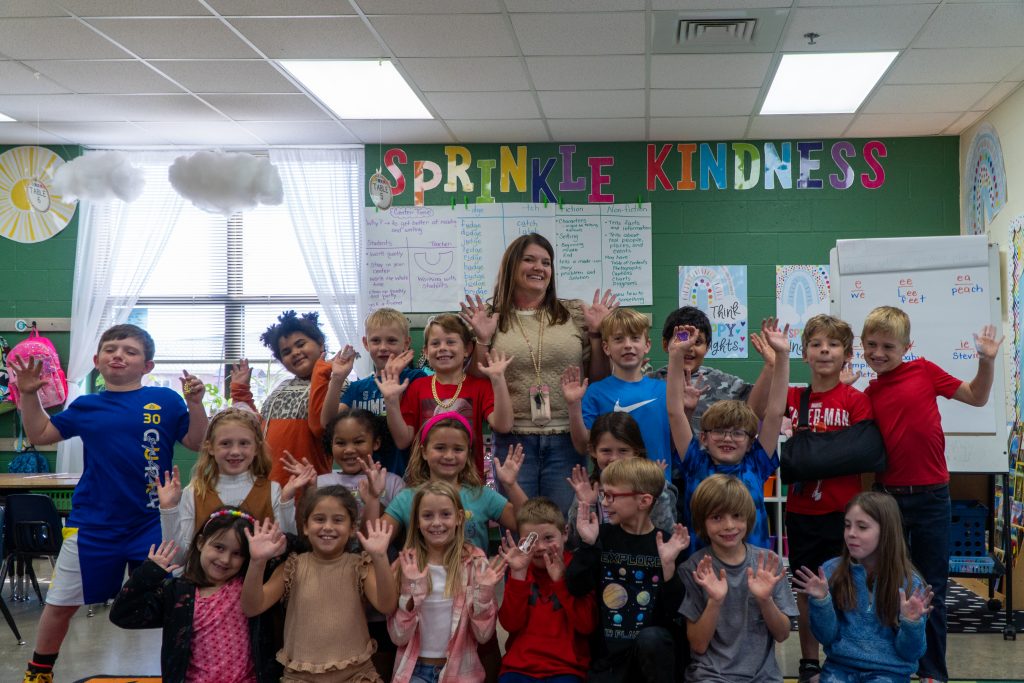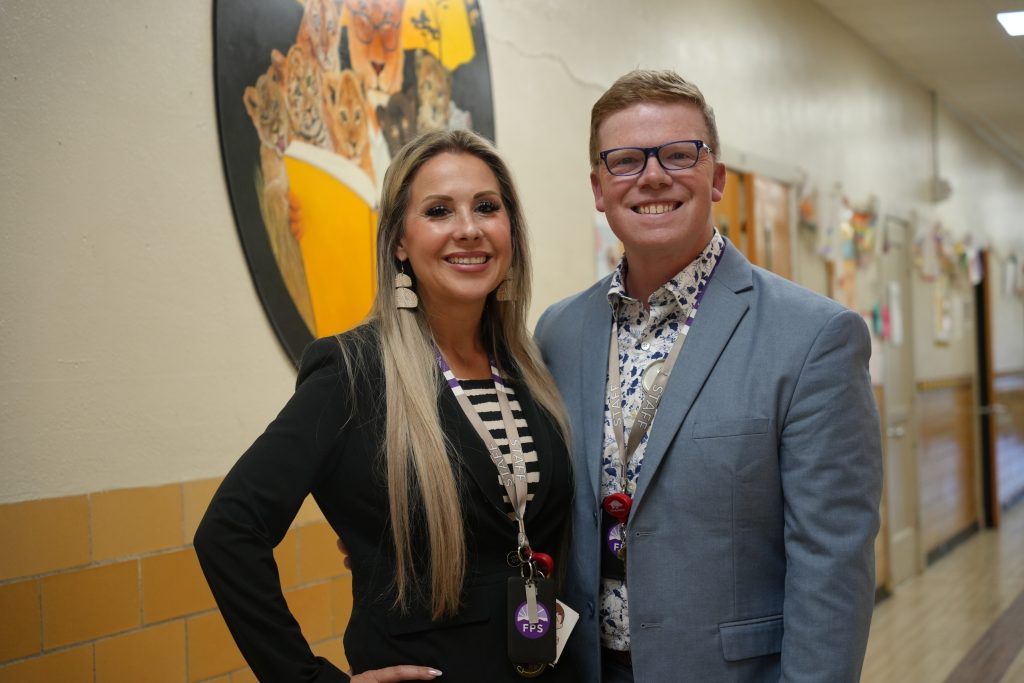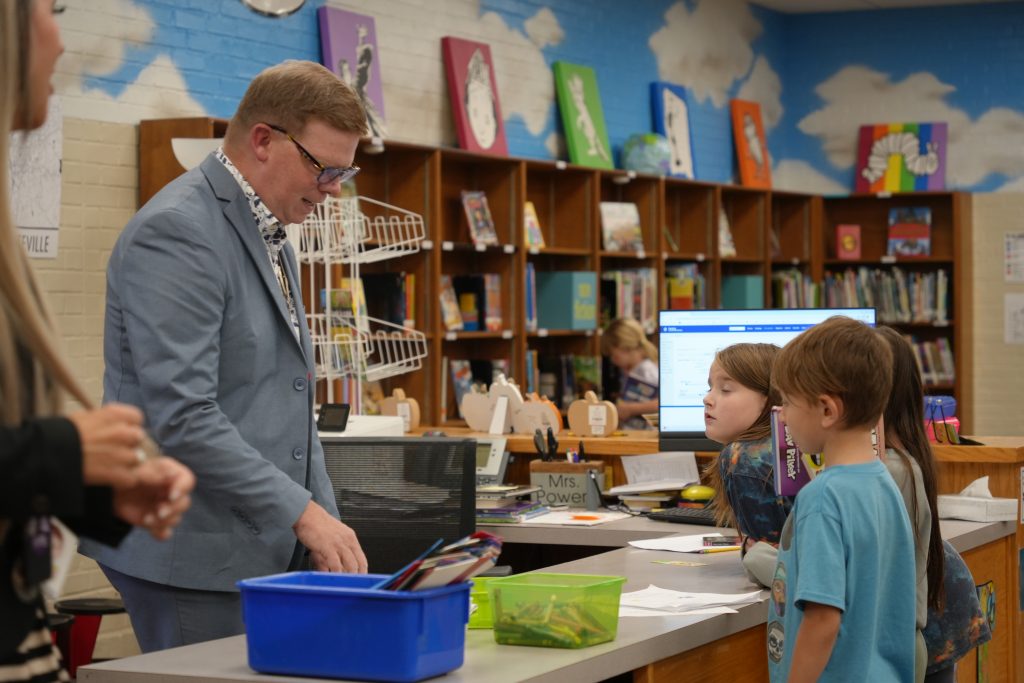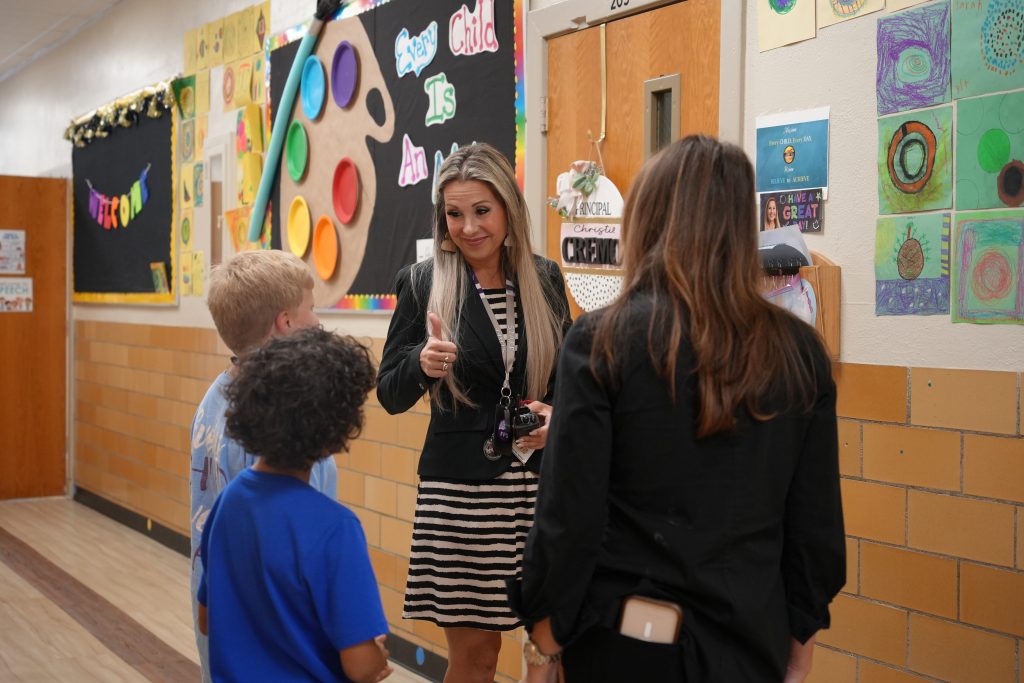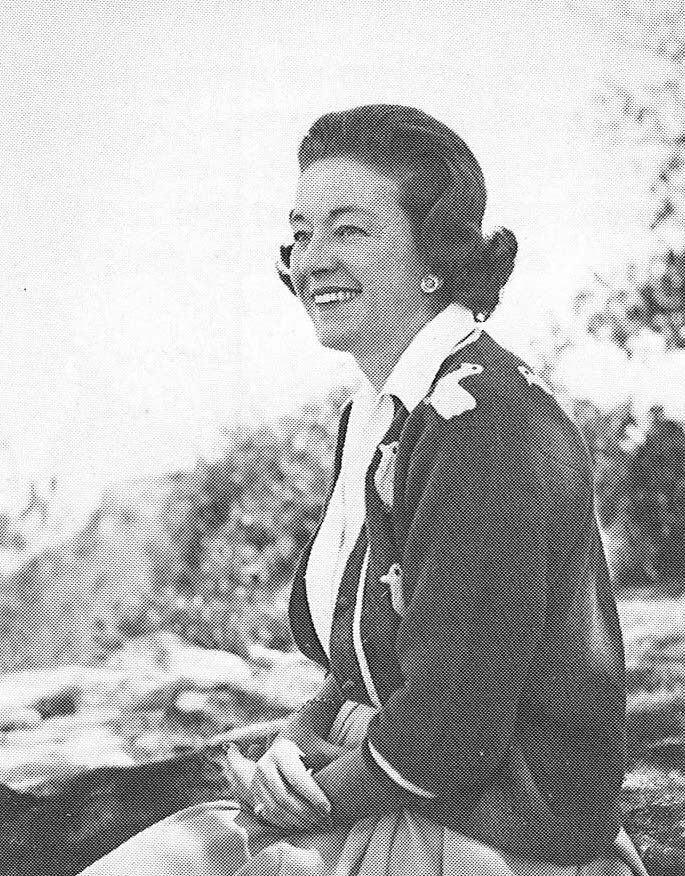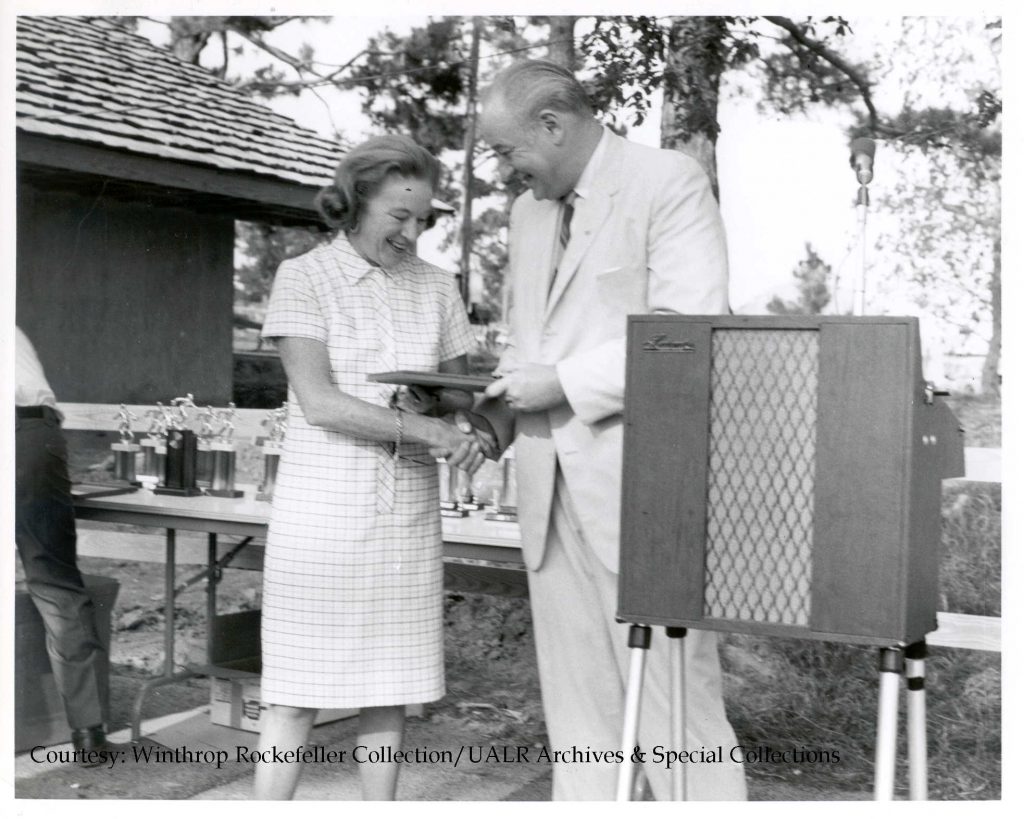by Ashley Coldiron, Chief Development Officer
A new year and a new administration often bring the potential for significant changes. So, what’s on the legislative horizon that might affect your charitable clients?
The Tax Cuts and Jobs Act (TCJA) of 2017: A Key Focus
One major issue we’re watching is the possible extension or expiration of the TCJA, set to end in late 2025. Here’s a quick overview of its impact on charitable giving:
- Lower Individual Tax Rates: The TCJA reduced individual income tax rates, slightly diminishing the tax savings for each dollar donated and making charitable contributions less attractive purely from a tax perspective.
- Higher Standard Deduction: The standard deduction nearly doubled under the TCJA—set at $15,000 for single filers and $30,000 for married couples filing jointly in 2025—reducing the number of taxpayers who itemize deductions. This change significantly decreased the ability of many taxpayers to claim charitable deductions, which may have contributed to a $20 billion drop in charitable giving in 2018, the first year the TCJA took effect.
- Increased Estate Tax Exemption: The estate tax exemption also doubled, reaching $13.99 million per person in 2025. This higher exemption has reduced the tax-driven motivations for charitable bequests among wealthy clients.

Beyond Taxes: What Motivates Charitable Giving?
While tax policy undeniably influences charitable behaviors, studies show that most donors are driven by personal values, not just financial incentives. Key motivators include:
- A sense of duty to give back.
- A desire to address inequality or support specific causes.
- Religious beliefs or a commitment to helping others.
Tax benefits play a role in decision-making but are rarely the primary reason for giving. Ultimately, even with a deduction, donors always part with more money than they save, underscoring the altruistic nature of philanthropy.
What’s Next for Charitable Giving?
As 2025 approaches, three potential scenarios could shape charitable planning:
- Extension of the TCJA: If current provisions are extended, the trends of reduced itemization and lower estate tax-driven giving may persist, with ultra-wealthy clients continuing to dominate tax-motivated philanthropy.
- Reversion to Pre-TCJA Rules: If the TCJA expires without replacement, higher marginal tax rates and a lower estate tax exemption could increase charitable giving, as more taxpayers itemize deductions and seek to reduce taxable estates.
- New Legislation: Changes could introduce fresh incentives for giving. For example, the proposed Charitable Act would establish a universal charitable deduction, encouraging donations across all income levels.
Stay Informed and Proactive
Legislative changes are inevitable, but their exact form remains uncertain. The Community Foundation is here to help you navigate these complexities, providing guidance to structure charitable plans that empower your clients to achieve their philanthropic goals—regardless of tax outcomes.
For a deeper dive, consider reading a compelling letter to congressional leaders advocating for a universal charitable deduction. And as always, reach out to our team to strategize about specific client situations. Together, we can maximize the impact of charitable giving, no matter what the future holds.


